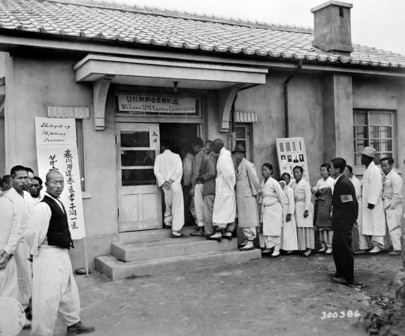
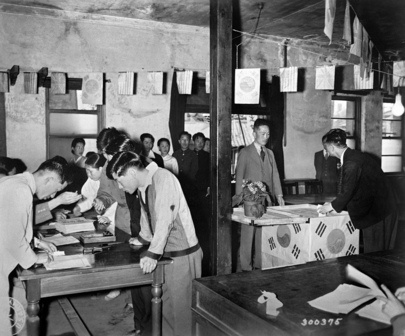
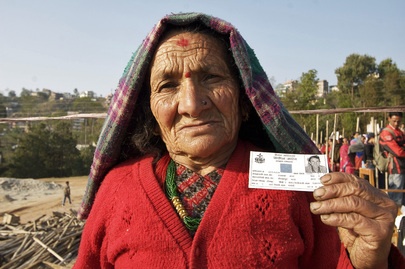
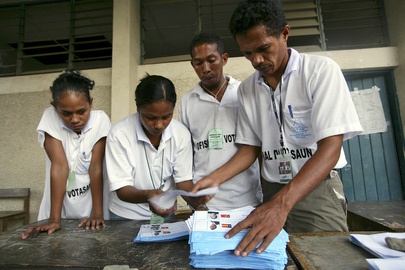
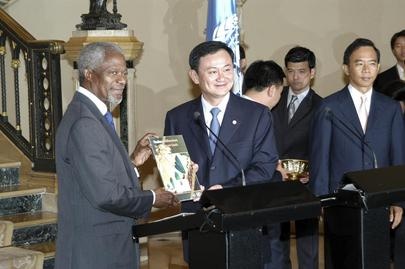
Asia states are still at risk of electoral violence which can be driven by real and perceived fraud, corruption, or patronage, according to a new study by the United Nations Development Programme (UNDP). “The mere suspicion or allegation of fraud is often enough, in democracies where there is a lack of confidence in authorities, for people to react violently,” says the study, a 20-page investigation of electoral processes in seven countries of South and South East Asia. (UNDP & UN News Centre Sources)
Bangladesh, India, Indonesia, Nepal, Pakistan, Philippines & Thailand
Understanding Electoral Violence in Asia studies electoral processes in Bangladesh, India, Indonesia, Nepal, Pakistan, Philippines and Thailand, drawing lessons and making policy-, legislative- and institutional-level recommendations to reduce the risk of electoral violence. In a number of cases political parties and political party supporters were the main instigators of physical violence, says the report, citing several types of groups and organizations that play key roles in either preventing or perpetuating electoral violence.
States & Political Parties as Instigators of Violence
The study points to the design of political systems, the mandate and powers of electoral laws and election monitoring as key preventive measures. The role of civic education, media and civil society in informing voters also helps to reduce the likelihood of election-related violence.
Another “contributing factor in election order or disorder is the state itself,” says the report. “In instances where security forces are seen to be partisan or corrupt there is a higher chance that they will be purveyors of violence rather than protectors of peace.”
Control & Abuse of Media
In addition, when media is controlled by special interests it can have a “destructive role in promoting narrow interests, inflammatory political rhetoric and retarding democratic processes,” says the report.
Remedial Proposals
Key to prevention of electoral violence is the strengthening of election credibility, the report concludes. “Political parties have a crucial role to play in countries where electoral fraud and violence have become institutionalized.” Among the measures recommended to strengthen election credibility are strong oversight and enforcement powers for election commissions in, for example, Bangladesh, India, Nepal and Pakistan, and wide-reaching dispute resolution mechanisms in, for example, Indonesia and Thailand. Systems to track party political spending, for example in Nepal, should also be put in place, as well as ensuring perpetrators of electoral violence in, for example, the Philippines, are brought to justice.(PHOTOS from S. Korea 1948, Nepal, Timor & Thailand)
More Related Reports at “War Crimes Justice Channel”
diplomaticallyincorrect.org/c/war-crimes-justice
Including – “Nepal Facing Another Obstacle to Return to Normalcy & Peace” -
diplomaticallyincorrect.org/films/blog_post/nepal-facing-another-obstacle-to-return-to-normalcy-peace-by-ambassador-mo-un-human-rights-office-in-nepal-deplored-the-ap/27972
By Ambassador Muhamed Sacirbey
Facebook – Become a Fan at “Diplomatically Incorrect”
Twitter – Follow us – DiplomaticallyX









